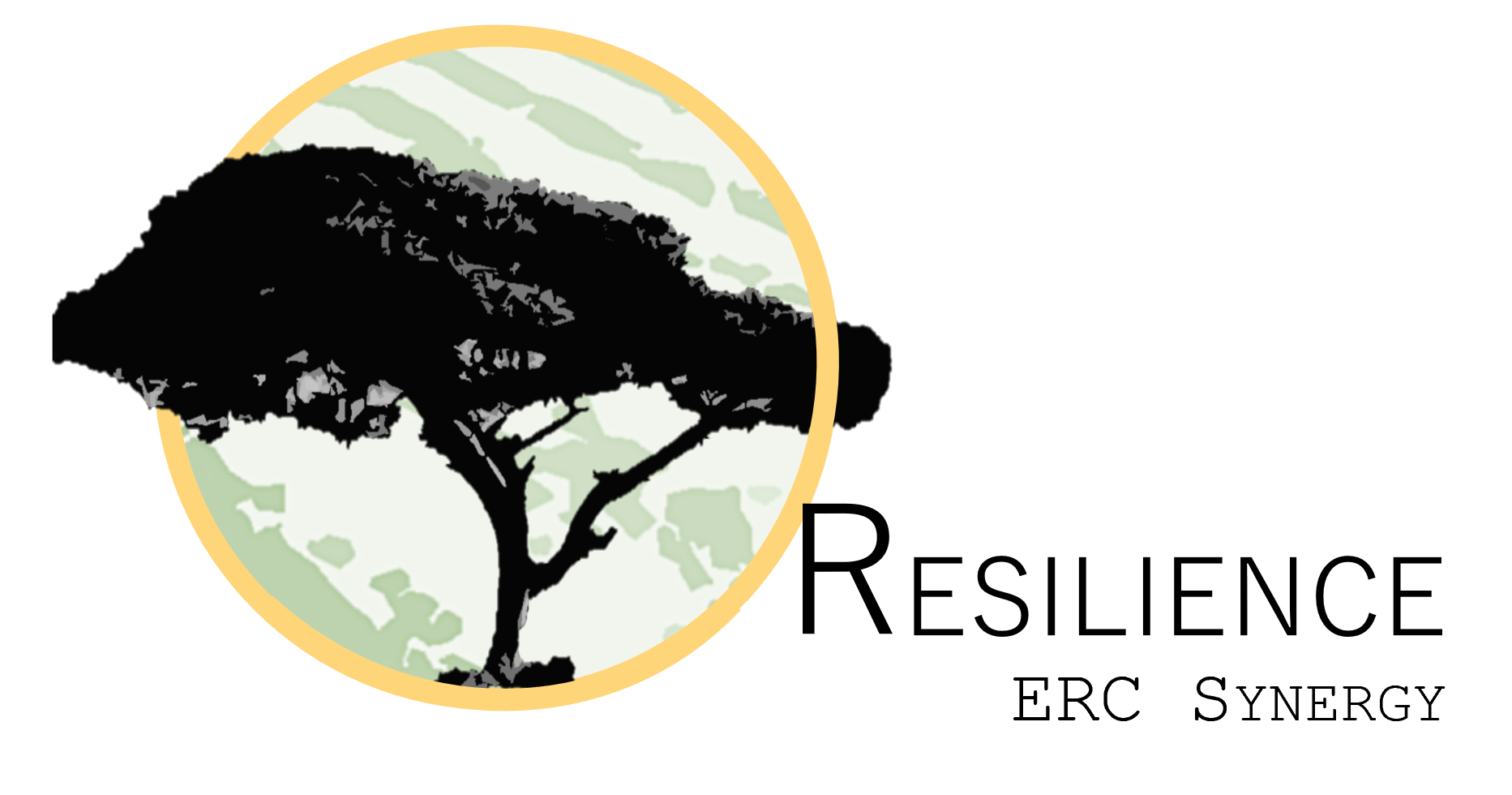Publications

Vegetation pattern formation and community assembly under drying climate trends
Ferré, M.A., Pavithra, I., Bera, B.K., Uecker, H., and Meron, E., Chaos 35, 093114, 2025, https://doi.org/10.1063/5.0241537
Litter quality outweighs climate as a driver of 1 decomposition across the tundra biome
Haydn, T.J.D., Myers-Smith, I.H., Borderieux, J., et al., 2025
Two sides of the coin: Feedback-driven landscape formation results in trade-off between establishment and resilience of marram grass
Höfer, S., de Groot, L., Scanlan, N. et al., Oecologia 207, 63 (2025). https://doi.org/10.1007/s00442-025-05693-5
Ambiguity of early warning signals for climate tipping points
Rietkerk, M., Skiba, V., Weinans, E. et al., Nat. Clim. Chang. 15, 479–488 (2025). https://doi.org/10.1038/s41558-025-02328-8
Tree seed dispersal modes affect forest resilience along savanna-forest boundaries
van der Rhee, M., Barkema, G.T., and Staal, A., Environ. Res. Lett. 20 094061, 2025, https://doi.org/10.1088/1748-9326/adf907
Vegetation patterning can both impede and trigger critical transitions from savanna to grassland
van der Voort, J., Baudena, M., Meron, E., Rietker, M., and Doelman, A., Environ. Res. Letters, 20, 094052, 2025, DOI 10.1088/1748-9326/adc3ab
Principles for guiding future research on resilience and tipping points
Yi, C., Rietkerk, M., Anderies, J.M., Chen, D., Dakos, V., Ritchie, P.D.L., Rocha, J.C., Milkoreit, M., and Quinn, C., Environ. Res. Lett. 20 031008, 2025, DOI 10.1088/1748-9326/adb7f3

Can spatial self-organisation inhibit evolutionary adaptation?
Bera, B.K., Tzuk, O., Bennett, J.J.R., Dieckmann, U., and Meron, E., J. Royal Society Interface, 22, 222, DOI:https://doi.org/10.1098/rsif.2024.0454
Indications of ongoing noise-tipping of a bifurcation river system
Blom, A., Arbós, C.Y., Chowdhury, M.K., Doelman, A., Rietker, M., and Schielen, R.M.J., Geo.Research Letters, 51, e2024GL111846.https://doi.org/10.1029/2024GL111846
Travelling pulses on three spatial scales in a Klausmeier-type vegetation-autotoxicity model
Carter, P., Doelman, A., Iuorio, A., and Veerman, F., Nonlinearity, 37, 095008 (41pp), 2024, https://doi.org/10.1088/1361-6544/ad6112
Deformations of acid-mediated invasive tumors in a model with Allee effect,
Carter, P., Doelman, A., van Heister, P., Levy, D., Maini, P., Okey, E., and Yeung, P., Analysis of PDEs (math.AP); Dynamical Systems (math.DS); Pattern Formation and Solitons (nlin.PS), arXiv:2408.16172v1, https://doi.org/10.48550/arXiv.2408.16172
A global analysis of how human infrastructure squeezes sandy coasts
Lansu, E.M., Reijers, V.C., Höfer, S. et al., Nat Commun 15, 432, 2024, https://doi.org/10.1038/s41467-023-44659-0
Traveling vegetation-herbivore waves can sustain ecosystems threatened by droughts and population growth
Singha, J., Uecker, H., and Meron, E., Populations and Evolution (q-bio.PE); Chaotic Dynamics (nlin.CD); Pattern Formation and Solitons (nlin.PS), arXiv:2410.04305v1, https://doi.org/10.48550/arXiv.2410.04305
Water limitation regulates positive feedback of increased ecosystem respiration
Zhang, Q., Yi, C., Destouni, G. et al., Nat Ecol Evol 8, 1870–1876, 2024, https://doi.org/10.1038/s41559-024-02501-w
Widespread forest-savanna coexistence but limited bistability at a landscape scale in Central Africa
Zwaan, A., Staal, A., te Beest, M., and Rietkerk, M.: Environmental Research, DOI 10.1088/1748-9326/ad8cef, accepted manuscript online 30 October 2024

